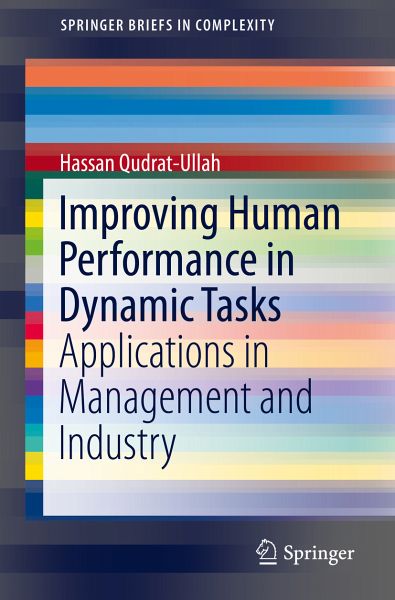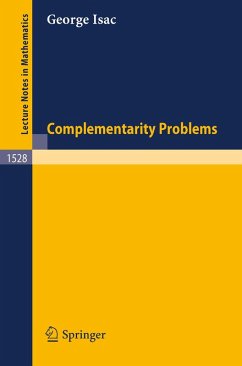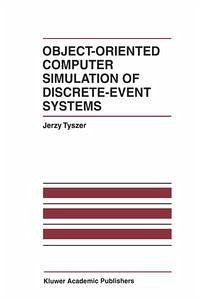
Improving Human Performance in Dynamic Tasks (eBook, PDF)
Applications in Management and Industry
Versandkostenfrei!
Sofort per Download lieferbar
40,95 €
inkl. MwSt.
Weitere Ausgaben:

PAYBACK Punkte
20 °P sammeln!
This book is about improving human decision making and performance in complex, dynamic tasks. The defining characteristics of a dynamic decision task are that there are a number of decisions required, that decisions are interdependent and that the environment in which the decision is made is transient and feedback is pervasive. Examples of dynamic tasks include the sustainable management of renewable resources and how businesses might allocate resources for research and development (R&D) projects.Decision making in dynamic tasks can be improved through training with system dynamics-based inter...
This book is about improving human decision making and performance in complex, dynamic tasks. The defining characteristics of a dynamic decision task are that there are a number of decisions required, that decisions are interdependent and that the environment in which the decision is made is transient and feedback is pervasive. Examples of dynamic tasks include the sustainable management of renewable resources and how businesses might allocate resources for research and development (R&D) projects.
Decision making in dynamic tasks can be improved through training with system dynamics-based interactive learning environments (ILE's) that include systematic debriefing. Some key features of the book include its didactic approach, numerous tables, figures, and the multidimensional evaluative model. Researchers can use the developed "evaluation model" to gauge various decision-aiding technologies. How to Improve Human Performance in Dynamic Tasks appeals to those interested in the design and evaluation of simulation-based decision support systems, as well as policy makers, students, researchers, and industrialists concerned by the issue of improving human performance in organizational tasks.
Decision making in dynamic tasks can be improved through training with system dynamics-based interactive learning environments (ILE's) that include systematic debriefing. Some key features of the book include its didactic approach, numerous tables, figures, and the multidimensional evaluative model. Researchers can use the developed "evaluation model" to gauge various decision-aiding technologies. How to Improve Human Performance in Dynamic Tasks appeals to those interested in the design and evaluation of simulation-based decision support systems, as well as policy makers, students, researchers, and industrialists concerned by the issue of improving human performance in organizational tasks.
Dieser Download kann aus rechtlichen Gründen nur mit Rechnungsadresse in A, B, BG, CY, CZ, D, DK, EW, E, FIN, F, GR, HR, H, IRL, I, LT, L, LR, M, NL, PL, P, R, S, SLO, SK ausgeliefert werden.












